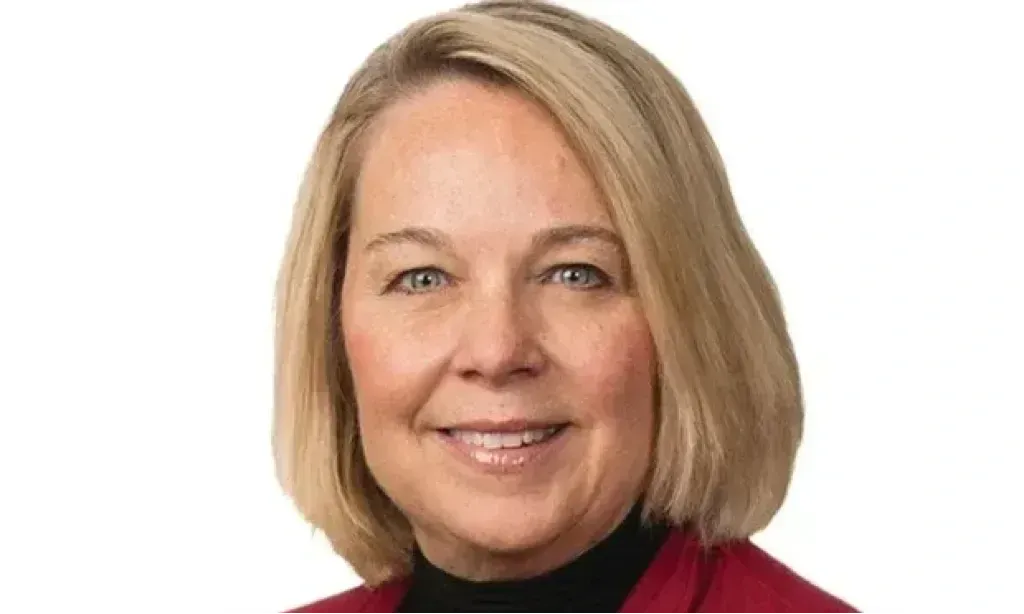RiverStreet Seeks FCC Help Because of Competing Broadband Deployments
RiverStreet aims to sidestep RDOF penalties after Cox deployment overlaps in Virginia.
Jericho Casper

WASHINGTON, Nov. 19, 2024 – Overlapping broadband projects in Virginia’s New Kent County have left RiverStreet Communications asking the Federal Communications Commission for a lifeline.
On Friday, RiverStreet asked the FCC to waive penalties associated with defaulting on its government-awarded broadband obligations. The company cites overlapping deployment commitments with Cox Communications in New Kent County as the reason for its request.
In a filing to the FCC, RiverStreet argued it has "good cause" for seeking the waiver, emphasizing that the FCC’s rules grant flexibility to waive penalties, particularly in cases where strict compliance would lead to inefficiencies or contradict public interest goals.
The issue arose after the FCC awarded RiverStreet support under the Rural Digital Opportunity Fund in February 2022. Later that year, in August, New Kent County announced a $16 million agreement with Cox Communications to construct 566.7 miles of fiber, providing high-speed broadband to every household and business in the county.
“Upon discovering the overlap of the locations covered by RiverStreet’s RDOF support and the locations covered by the New Kent County award to Cox, RiverStreet contacted Cox and learned of Cox’s intent to build out to all of those locations,” the filing, submitted by Carri Bennet, partner at Womble Bond Dickinson, stated.
“To prevent duplicative buildout, the parties agreed that RiverStreet would relinquish certain [Census Block Groups] that duplicate the locations that Cox plans to build out,” the filing read.
RiverStreet highlighted that New Kent County residents would still receive the same level of broadband service through Cox’s network as they would have through RiverStreet’s deployment. It further committed to repaying any RDOF support received for the overlapping areas.
The FCC’s decision on the waiver will determine whether RiverStreet can avoid penalties and obligations related to the relinquished CBGs. Under RDOF rules, if a support recipient fails to meet deployment obligations, the penalty can include recovering up to 1.75 times the average support per location received, in addition to 10% of the total support authorized for the recipient.
This isn’t the first time RiverStreet – a North Carolina-based broadband provider serving around 30,000 customers in rural Virginia and North Carolina – has sought to revise its RDOF obligations.
In September, the company notified the FCC of its intent to default on six RDOF Census Block Groups; and, in August, the FCC approved a request from RiverStreet to transfer 3,757 unbuilt Connect America Fund Phase II locations to Virginia-based EMPOWER Broadband, representing 28% of the locations it had committed to serve under a 2018 CAF II award.
At the time, RiverStreet acknowledged that obstacles prevented it from meeting the required 60% buildout milestone required of CAF II recipients by December 2023, achieving only 26%.









Member discussion